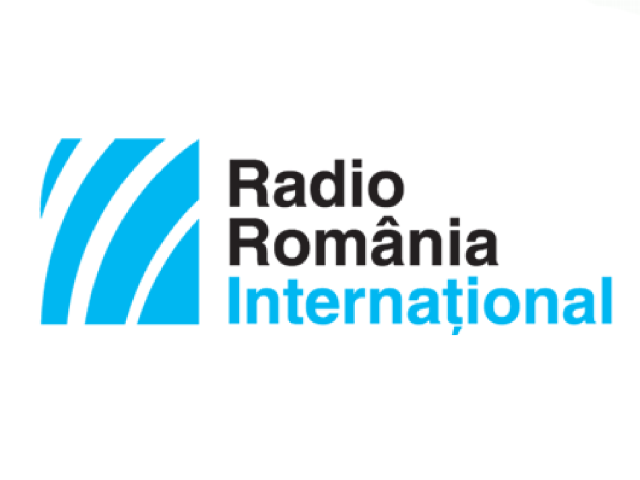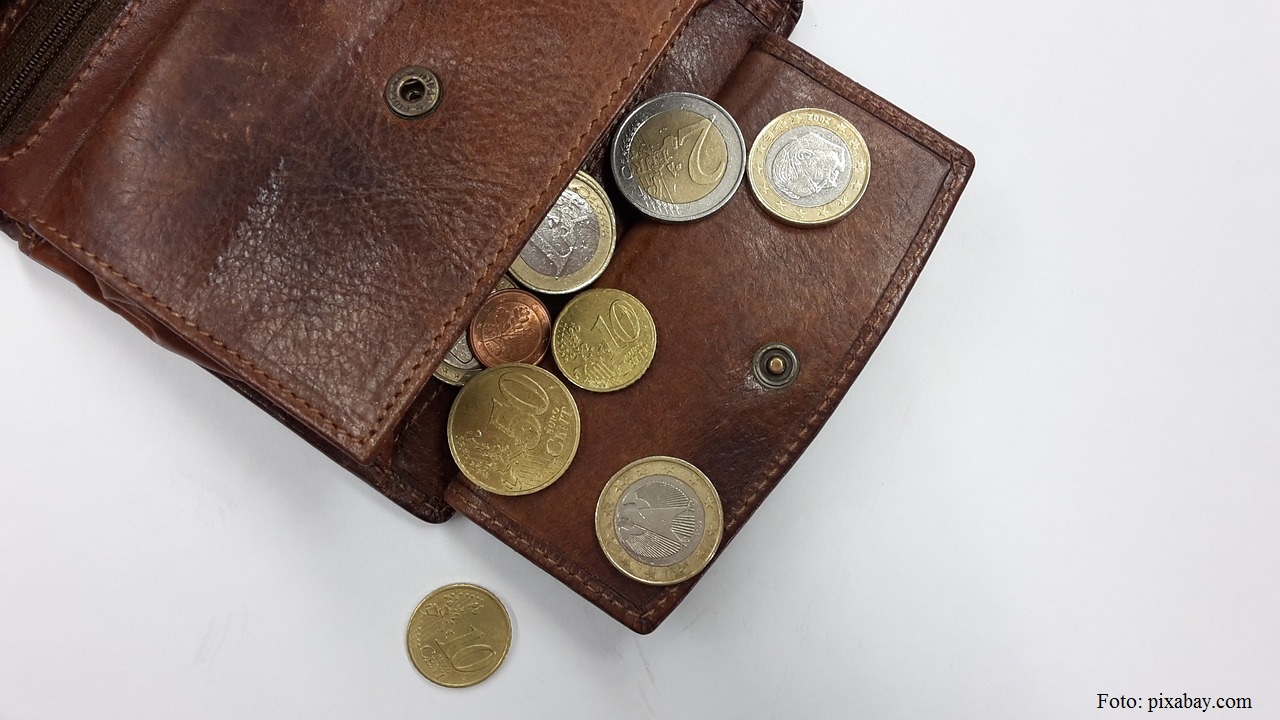Media Education for Teenagers
The expression 'fake news' has become a part of our basic vocabulary, whether correctly understood or not

Christine Leșcu, 14.04.2021, 13:25
In the context of the unprecedented development of the Internet and social media in the last few years, the number of sources of information has risen considerably, whether credible or not. The expression fake news has become a part of our basic vocabulary, whether correctly understood or not. At the same time, it seems that there has never been more of a need to discern between truth and lies, between honest news or news designed to mislead, than now, during this time of pandemic. Being able to make this difference is best learned early, as in high school, or even earlier. In Romania, one of the institutions that deals with this aspect is the NGO called the Independent Center for Journalism, as we were told by its executive director, Cristina Lupu.
“We have been holding media education courses since our inception, in 1994. We didnt necessarily call them media education courses. Officially, since 2017 we started what we call our Media Education Program. It represents our attempt to increase the degree of autonomy and critical thinking for young people. With this program, we are doing a number of things. We work directly with teenagers, either by ourselves or bringing in experts. For instance, during this period we are organizing a number of meetings between journalists and teenagers, for the former to answer questions posed by the latter. But, because we want to be strategically involved, we also decided to work with teachers. No matter how many courses we hold here, at the ICJ, we will never have enough to make a change at the national level. In fact, we created a process to train teachers from various disciplines. At this point, we are emphasizing those who teach Romanian language and literature, and together with them we are developing media competence among young people.”
Cristina Lupu also told us how media information is inserted in the Romanian language classes:
“In the ninth and tenth grades, where subject matter is more permissive, work on the media is much easier to do. For instance, in ninth grade, in communication theory class, we can talk about how communication works, about how messages with an author and a purpose are built. In terms of legal texts, we can talk about freedom of expression and the Constitution. Also in ninth grade, when we come to the classes about journalism, we can talk about how to build a piece of news. We are interested in teenagers learning to write news. But, considering that they are going through a process of editing a piece of news or material, they learn the elements of a well built piece of news. The moment they consume news, they will be able to see what is missing, or what emotional buttons the writer is trying to push, if that news elicits a strong emotional reaction, for instance.”
We asked what kind of information todays teenagers are taking in, and where they are getting them from. Cristina Lupu answered:
“Even if they dont consume media in the sense that adults consume it, they get to information circulated in the press during discussions with teachers, friends, or colleagues. Recent studies show that disinformation during the pandemic was higher on Instagram than on Facebook, for instance, to the extent that Instagram is more often accessed by teenagers than by adults. Of course, there are many elements to keep track of at any given time. But, at the same time, even though teenagers are more interested in movies and music, they are also very interested in other things as well, especially the high school students we work with, those in terminal grades. They want to know what is happening with education, with future jobs, what happens in this context with the pandemic and the vaccination. We believe that there should be more information written in a way that they find interesting, before deploring the fact that teenagers dont read the news.”
This shows a need to look at teenagers in a more nuanced way, and we also have to make sure that media education reaches children in disadvantaged areas. To this end, the Independent Center for Journalism has been working for a few years with UNICEF Romania, according to Despina Andrei, manager for communication and fundraising:
“From our perspective, the need for media education is not new, but it has become even more important since the outbreak of the COVID 19 pandemic, because young people and children spend more and more time in front of screens and tablets, on the Internet, and this makes them more vulnerable to fake news and disinformation, such as cyber-bullying or other types of abuses perpetrated online. On the one hand, we want young people and children to decipher the messages they see, to know how to get their information from a variety of sources, and not fall prey to fake information that has multiplied exponentially lately. On the other, we want them to protect themselves against humiliation, harassment that goes on online with great ease, especially when you are not prepared, and are unaware that this is going on.”
Recently, the partnership between the ICJ and UNICEF has branched out, also involving the Childrens Board, a structure created by UNICEF Romania two years ago, as Despina Andrei told us:
“We are always consulting with the Childrens Board, which is an informal organization created by UNICEF as part of a project that we piloted when Romania was holding EU presidency. We are also consulting with the National Student Council, a formal structure. We are working with these two entities, one formal, one informal, so that we may create material to answer the needs of children, to cater to their need to be correctly informed, and protect them against fake news. We are creating a tool kit with the Independent Center for Journalism to be taught in three sessions, in three different modules, during this prolonged vacation, so that they gain competencies that allow them to cope with the avalanche of information and get information from credible sources, stopping the spread of fake news. More importantly, we want them to become agents of change in relation to their peers. In the end, we can only work with a limited number of teachers and students. What is important is for the information we work with to roll further, so that in a number of years we are all better informed. The sessions will be online, because this is the context we have right now. These three modules will be held with the kids from the Childrens Board, and the young people in the National Student Council.”






























